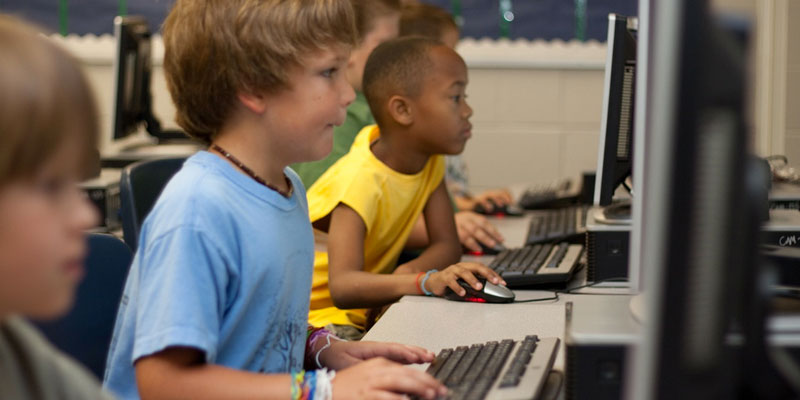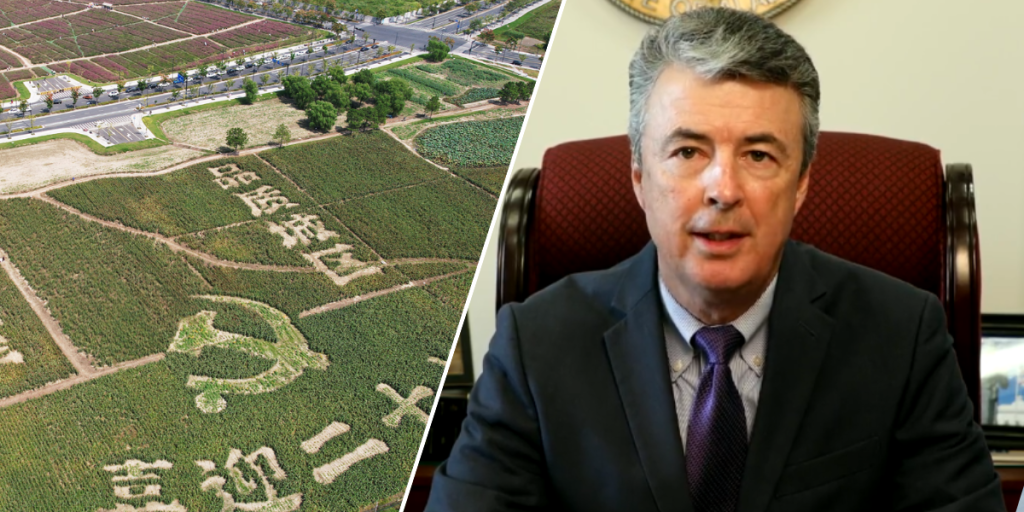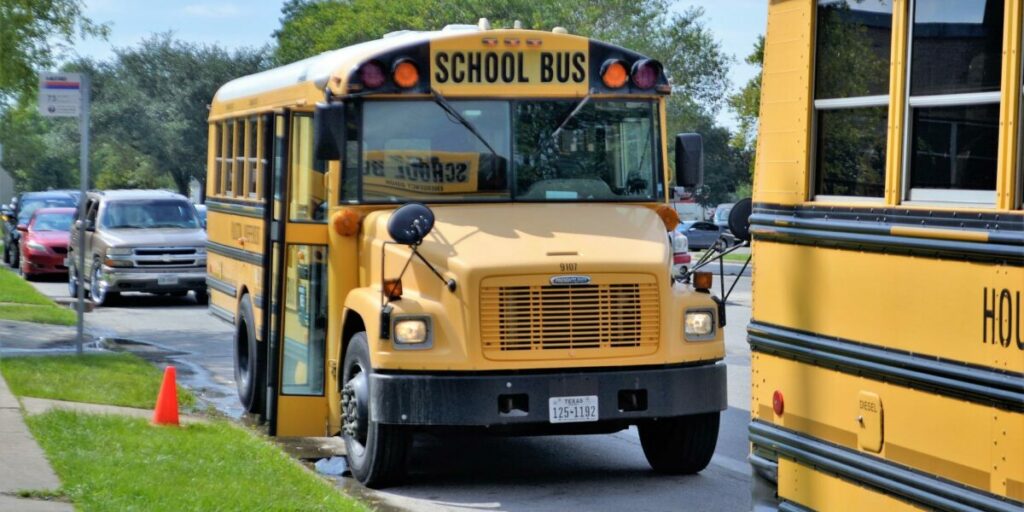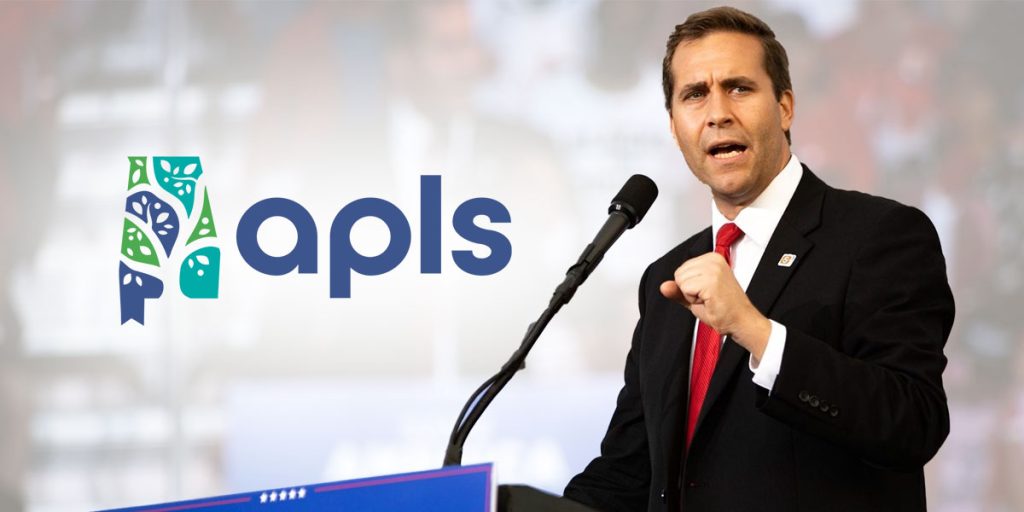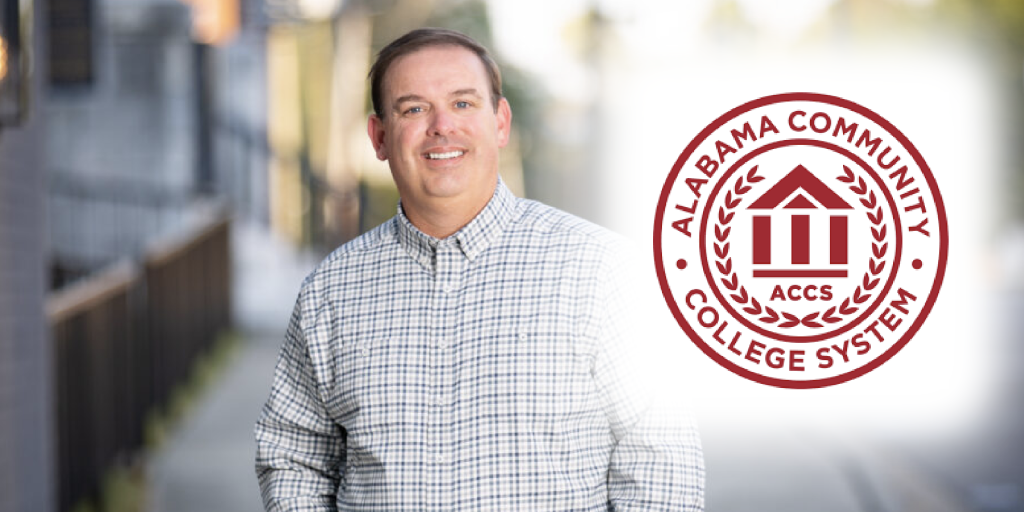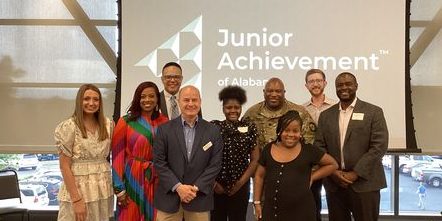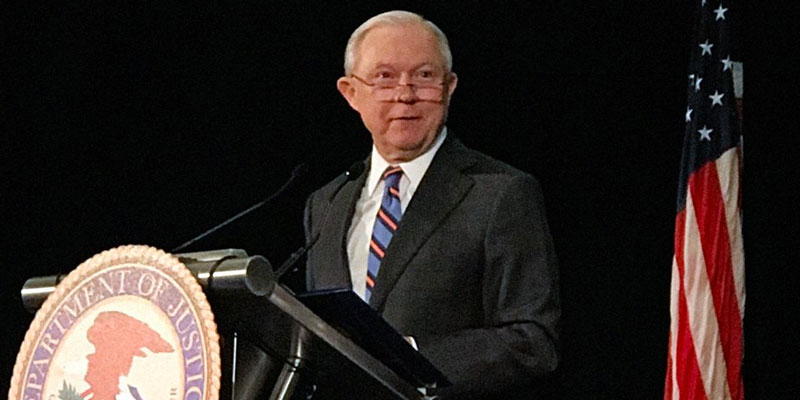On March 27, President Trump signed the CARES Act into law, which includes more than $16 billion in stabilization funds for K-12 education. On April 23, the U.S. Department of Education provided guidance to states on applying for the funds, as well as final state allocation amounts. Alabama is eligible to receive more than $265 million.
Local school districts in Alabama can expect nearly $217 million of those dollars for relief measures. Some permissible uses for the funds include professional development, summer learning programs, mental health services, and purchasing technology. The rest, roughly $49 million, can be spent at the discretion of the Governor for K-12 costs or, if she chooses, higher education.
While private schools will receive a small percentage of “equitable services” from the school districts and some schools will be able to secure Small Business Administration loans from the CARES Act Paycheck Protection Program, private schools and private school families have largely been left out of federal relief. The result is that many private schools could be forced to close, which would be a catastrophic loss for participating lower- and middle-income families.
In addition to receiving virtually all of the federal relief in the CARES Act, the teachers’ unions and public-school administrators are now seeking an additional $200 billion. Any new federal funding as a result of the COVOID-19 crisis should not discriminate against the children enrolled in private schools. This is a moral imperative, as well as a fiscal one.
Contrary to public perception, many private school families survive on a moderate to modest income. Consider the story of Devin Pitre, who was raised by a single mother working multiple jobs to just put food on the table and provide a solid education for her children. Or Dalphine Wilson, who was able to afford the tuition for her son with the assistance of financial aid, but knew she wouldn’t be able to do the same for her daughter without additional help. Both the Pitre and Wilson families were able to take advantage of scholarships through the Alabama Accountability Act Scholarship Program. The average household income for families participating in the program is approximately $26,000.
But, in contrast to public schools, private schools – and the scholarship program serving more than 4,000 families like the Pitres the Wilsons – lack the guaranteed security to survive. That’s not only a concern for the students and families who rely on and purposely chose those schools, but the short- and long-term financial well-being of the state, including the per-pupil funding currently allocated to each child in public school. Consider what’s already happening in states like Pennsylvania, where a network of private schools serving low-income neighborhoods in Philadelphia just let go of 38% of their workforce.
To maintain affordability for families, many private schools in Alabama subsidize tuition, relying on direct donations, fundraisers, and Sunday collections. COVID-19 has rocked 401(k)s, 529s and other investment accounts, events have been canceled, and churches have been closed, disrupting these funding sources. Add to this that many families cannot prioritize tuition when school doors remain shut. For schools where the majority of students receive significant financial aid, the consequences could be dire.
All parents, whether they send their children to public or private school, have been forced to adjust to a life where children remain home during what used to be the school day. But few if any public-school parents must worry whether their child’s school will survive this pandemic. Recently, Dr. Anthony Fauci predicted a return to normal, albeit a new normal, for schools come fall. Every child deserves that return to normalcy.
Governor Ivey has been measured and thoughtful about her response throughout the pandemic. She must now act to protect the best interests of every child in Alabama, including the low-income families currently receiving scholarships through the Alabama Accountability Act. Due to COVID-19, the program is experiencing lower than typical donations, putting these scholarships at risk. These students shouldn’t be forced back to their underperforming schools simply because we were unwilling to act. Research has shown the scholarship program actually saves the state money. So, by making this program whole, Governor Ivey can deliver a win/win – both for scholarship students and the state budget.
The nationwide, mandatory shutdown of all schools was unprecedented and unpredictable. Unlike public policy, the crisis does not discriminate between public or private school students and families. America’s reaction, and our action here in Alabama, should not either. Future federal relief, and action by Governor Ivey and other state leaders, should protect every family to ensure all children can access a quality education.
Ryan Cantrell is the Director of State Teams for the American Federation for Children, the nation’s voice for educational choice. He can be reached at [email protected].




